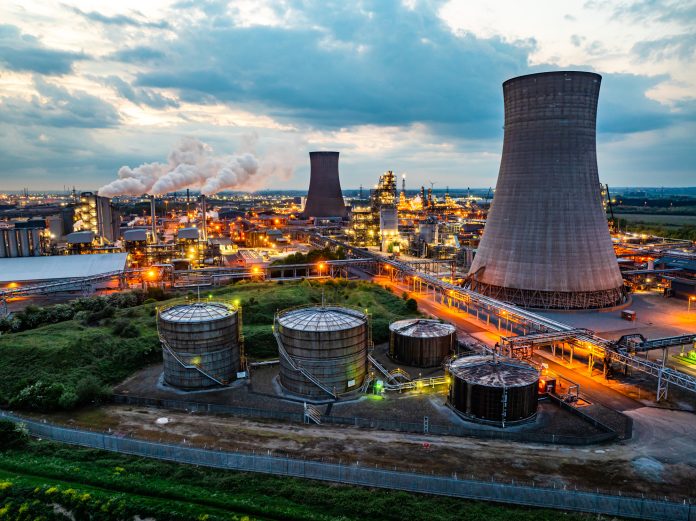Two cutting-edge carbon capture projects in North Wales and the North West of England are set to begin construction, securing 500 skilled jobs and marking a significant milestone in the UK’s clean energy transition
With £9.4 billion in government investment into carbon capture and storage (CCS), the projects significantly cut industrial emissions while preserving key sectors of the economy.
The UK’s first carbon capture-enabled cement plant will be built in Padeswood, Flintshire, at an existing Heidelberg Materials site. There will also be a new waste-to-energy facility at Protos in Ellesmere Port, Cheshire, which will be one of the world’s first of its kind to feature full-scale carbon capture. Together, these projects will remove 1.2 million tonnes of CO₂ annually.
Jobs and growth for industrial heartlands
The projects are part of a clean energy mission to deindustrialise Britain’s regions while achieving net zero targets. The 500 jobs secured through these two developments include roles for engineers, technicians, construction workers, and safety professionals. They are among 2,800 jobs supported across the wider HyNet CCS cluster.
Both sites have now reached final investment decisions and signed contracts with the Low Carbon Contracts Company, clearing the way for construction to start.
Part of the HyNet carbon capture cluster
The Padeswood and Protos projects will act as the main facilities for the HyNet carbon capture cluster. CO₂ captured from both sites will be transported via the Liverpool Bay Transportation & Storage network, managed by Eni. This infrastructure includes new and repurposed pipelines across North Wales and the North West, as well as underground storage facilities in Liverpool Bay.
By collaborating with HyNet, the projects will not only reduce emissions but also create a blueprint for other carbon-intensive industries to follow. The captured CO₂ will be safely stored offshore, demonstrating the UK’s capacity to deliver a complete CCS value chain, from capture to transport to permanent storage.
Clean energy vision
These developments come after years of delay in the carbon capture industry and are among the first projects to be implemented under the government’s renewed industrial strategy. The £9.4 billion committed in the latest Spending Review is being used to support key decarbonisation initiatives, such as these.
Secretary of State for Wales Jo Stevens said:
“We are making the UK a clean energy superpower while delivering the well-paid, highly-skilled jobs of the future”
“It is fantastic to see North Wales at the forefront of carbon capture and the hundreds of new jobs being created by these projects will help drive regional growth as well as accelerating our drive towards lower bills and energy security.”
By reducing emissions in the heavy industry sector while creating new opportunities for UK businesses and workers, the projects support the government’s plans to become a “clean energy superpower.” They also offer export potential, as the UK strengthens its global leadership in green technology.
With Padeswood expected to capture 800,000 tonnes of CO₂ annually and Protos capturing 400,000, the combined impact will be significant in reducing the carbon footprint of two critical industries. The technologies deployed will enable the production of low-carbon cement and cleaner waste processing, helping meet the UK’s climate goals without sacrificing economic growth.











